Nausea can be quite unpleasant and even cause vomiting. Though it is not a disease in itself, it is a symptom that could be a sign of an underlying problem
Most adults experience nausea from time to time. It is caused by several factors, including food intolerance, allergies, gut diseases, surgery, pregnancy, cancer treatments, certain medications, and hormone disorders.
Eating while you feel nauseous can be a challenge. The key is to stay hydrated and balance your body’s electrolytes.
What you eat also matters. In this post, we will give you a list of foods you must eat/avoid while feeling nauseous.
What Are The Foods To Eat While You Feel Nauseous?
1. Apples
Apples are high in fiber and help rid your body of toxins faster. They also aid digestion (1). This way, they can accelerate intestinal transit and help relieve nausea.
You can either have an apple or make applesauce and have it with toast.
2. Ginger
Gingerol and shogaol, two major components in ginger, have been shown to relieve nausea in chemotherapy patients (2).
Ginger also helps relieve morning sickness commonly associated with pregnancy(3).
You can chew on a ginger root or boil it with water and consume it.
Note: Ensure you avoid excess ginger during summers as it may lead to a burning sensation.
3. Coconut Water
Coconut water plays an important role in helping with nausea (4). It can help treat morning sickness in pregnant women and dehydration-associated nausea in infants and children.
A tablespoon of lime juice with a glass of coconut water can help relieve nausea. While the coconut water has electrolytes, the lime juice can enhance the taste.
4. Broths
Don’t we love having soups when we are sick? Well, there’s a reason behind it. The hot broth helps clear nausea caused by headaches and congestion (5). When you are transitioning from liquid food to solid food during sickness, broth can be a good option.
5. Bananas
Nausea can make eating difficult. Hence, it is important to consume nutrient-dense foods. Bananas serve as a power-packed meal during these times. They are energy-dense, and they also stimulate the production of mucus in the stomach lining (6). This helps relieve gastric disturbances, including nausea.
6. Herbal Teas
Herbal teas, like that of peppermint and chamomile, have shown to relieve nausea in women who had undergone a C-section (7).
Though there is no scientific evidence to back this up, many people with nausea have found herbal teas to be useful in relieving the symptoms.
These are the foods that can help relieve your nausea. But steering clear of the wrong foods is as important as consuming the right ones. In the following section, we have listed the foods you should avoid as they may aggravate your nausea.
What Foods Should You Avoid?
1. Acidic Fruits
Consuming acidic fruits upsets the stomach more. Hence, opting for non-acidic fruits (like bananas is a better option.
2. Oily Foods
Ulcers and gastrointestinal diseases can be very discomforting to your digestive system. These foods promote gas and lead to poor digestion.
3. Milk (Dairy Products)
Dairy products, including milk, may aggravate nausea and vomiting (8).
4. Refined Sugar
Foods rich in refined sugar are not easily digestible. They can lead to heartburn and, eventually, nausea (9).
5. Soda
Soda or other carbonated drinks can cause heartburn and indigestion (10). These are also high in sugar and can upset your stomach.
6. Spicy Food
Spicy food can irritate your stomach and aggravate symptoms of gastritis (11). This may lead to nausea.
7. Alcohol
Alcohol is a diuretic that causes your system to lose water, which can lead to dehydration (12). This can eventually cause nausea.
These foods/beverages can possibly aggravate nausea. Hence, we suggest you steer clear of them. In addition, there are other ways you can keep nausea at bay.
Tips To Control Nausea
Here are a few tips that you can follow to prevent or treat nausea:
- Ensure you eat something healthy every 1 to 2 hours.
- Eat and drink slowly as it will help you relax while enjoying your meal. Also, avoid consuming solids and liquids at the same time. Remember, your stomach is already upset, so keep your pace slow.
- Avoid lying flat on your stomach right after eating as it can create pressure on your abdomen.
- Food preparation and certain odors may also trigger nausea. So, be careful with your preparations.
- Keep rinsing your mouth after you eat anything. The unpleasant smell that lingers in your mouth may also cause nausea.
Conclusion
Certain foods are well tolerated while you are nauseous. Eat them in small portions at regular intervals. Keep your food light and keep yourself hydrated. This way, you can improve nausea and prevent its recurrence.
What did you do the last time you felt nauseous? Any tips you followed? Why don’t you share them with us by leaving a comment in the box below?
References
-
- “Here are 10 fun facts about apples” Government of Connecticut.
- “Ginger-Mechanism of action in chemotherapy-induced nausea and vomiting: A review” Critical Reviews in Food Science and Nutrition, US National Library of Medicine, National Institutes of Health.
- “How Safe Is Ginger Rhizome for Decreasing Nausea and Vomiting in Women during Early Pregnancy?” Foods, US National Library of Medicine, National Institutes of Health.
- “Rehydration after exercise with fresh young coconut water, carbohydrate-electrolyte beverage and plain water” Journal of Physiological Anthropology and Applied Human Science, US National Library of Medicine, National Institutes of Health.
- “Effects of drinking hot water, cold water, and chicken soup on nasal mucus velocity and nasal airflow resistance” Chest, US National Library of Medicine, National Institutes of Health.
- “Bananas and nausea” MedlinePlus, US National Library of Medicine, National Institutes of Health.
- “Examination of the effectiveness of peppermint aromatherapy on nausea in women post C-section” Journal of Holistic Nursing, US National Library of Medicine, National Institutes of Health.
- “Nausea, vomiting, and diarrhea instructions” Youngstown State University.
- “Introduction: What to Eat When You Can’t Eat” Global Advances in Health and Medicine, US National Library of Medicine, National Institutes of Health.
- “Relief from common problems of pregnancy” Missouri Department of Health & Senior Services.
- “Gut feelings about gastritis” National Institutes of Health.
- “Hangovers” Stanford Office of Alcohol Policy and Education.
The post Best Foods To Eat And Avoid If You Have Nausea appeared first on STYLECRAZE.
from STYLECRAZE https://ift.tt/2YYD8nH
via IFTTT

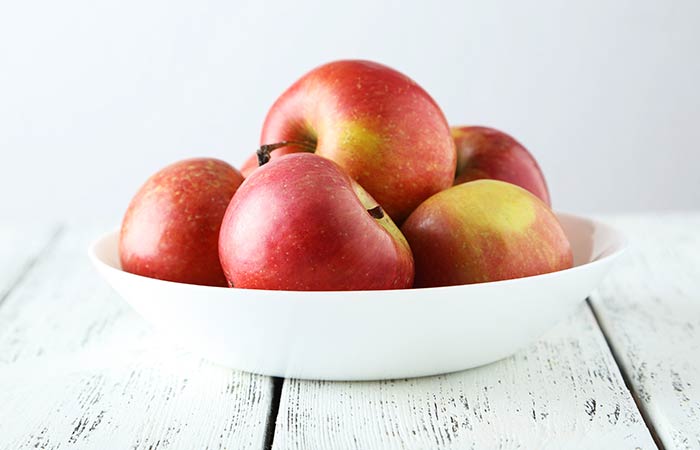
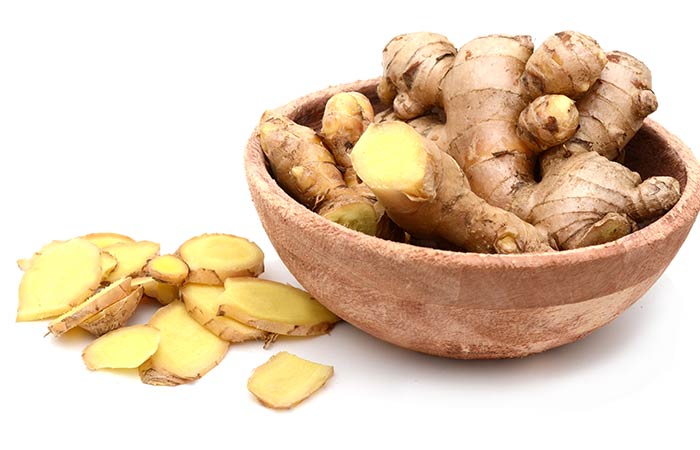
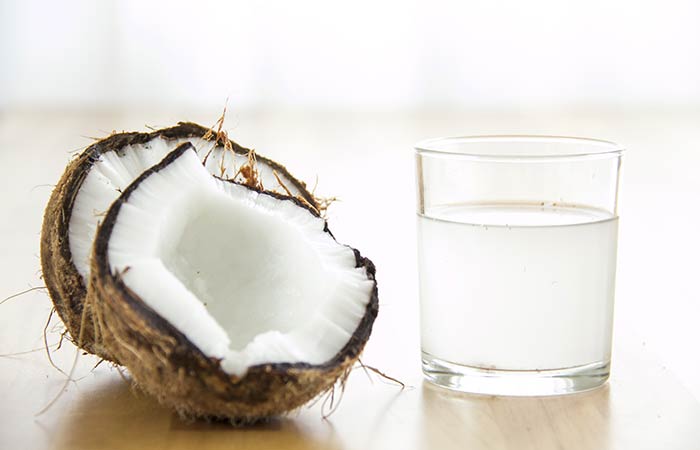
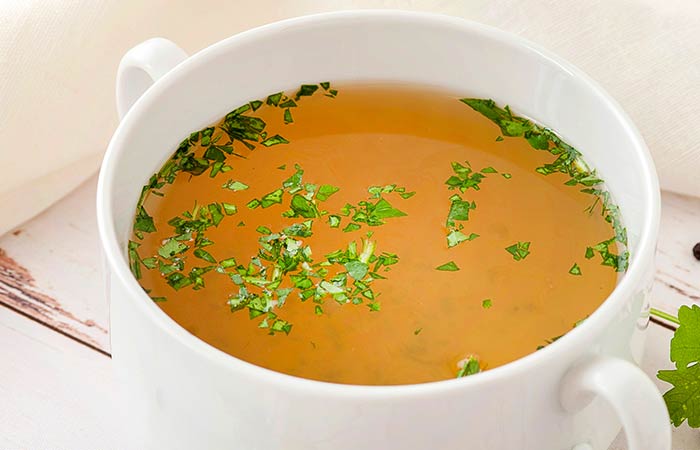
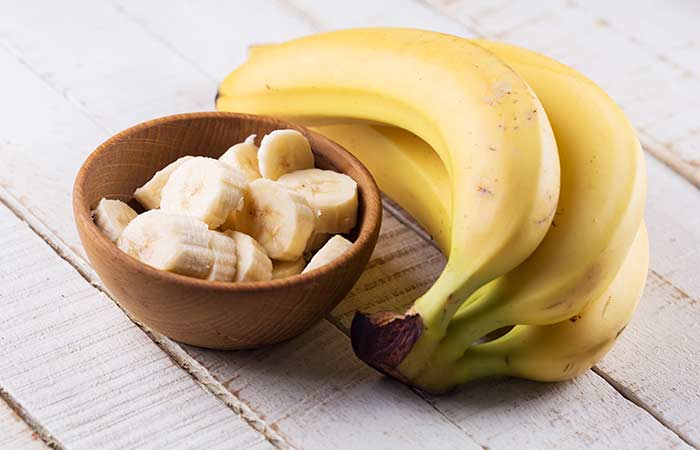
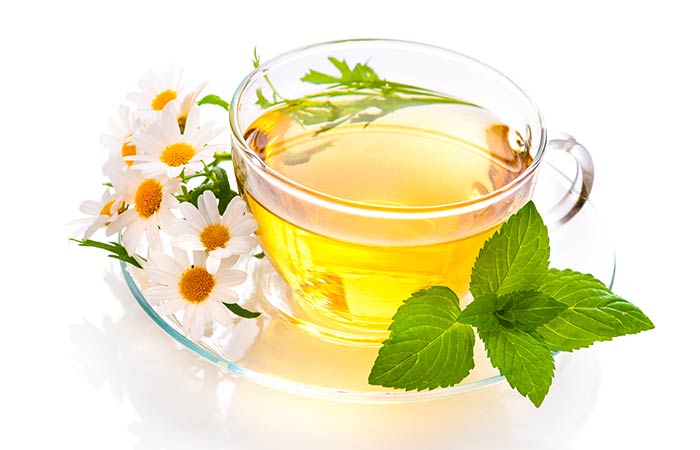
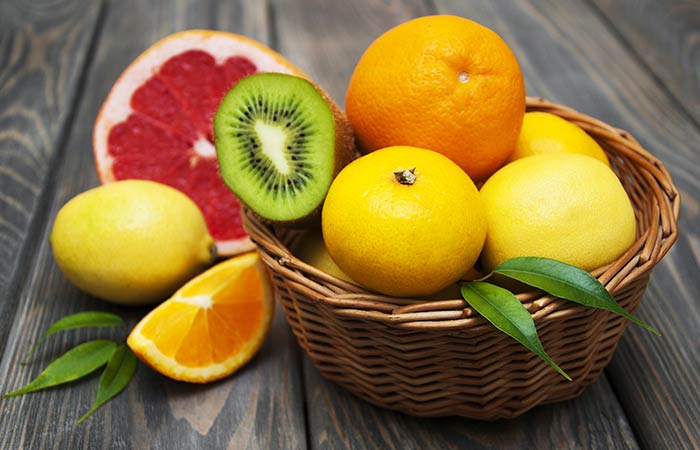
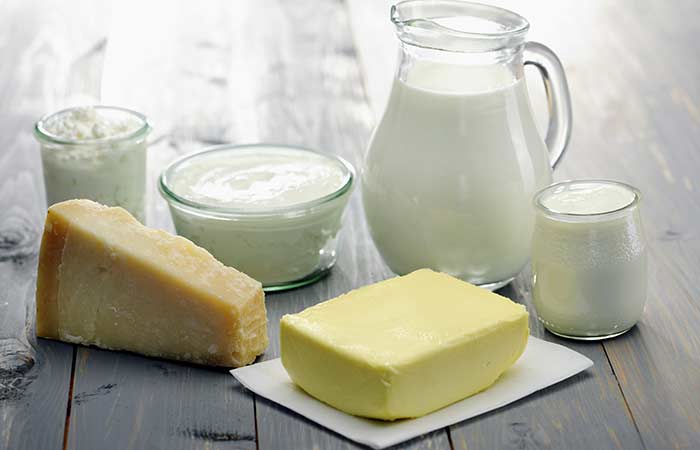


No comments:
Post a Comment